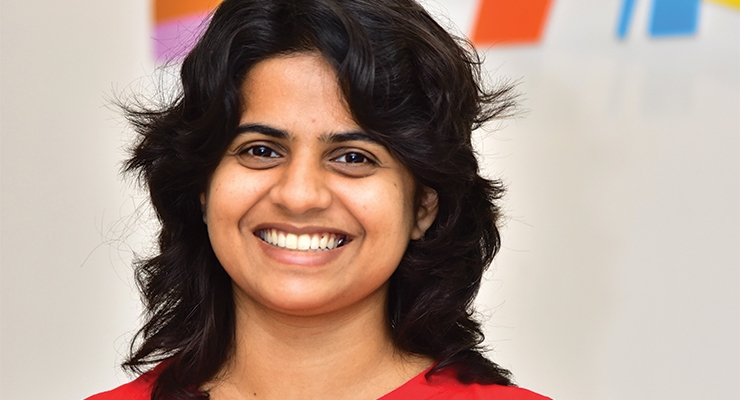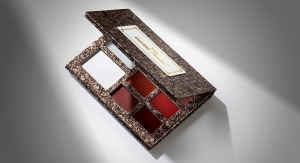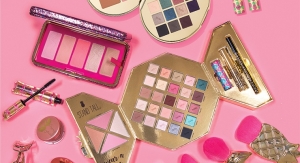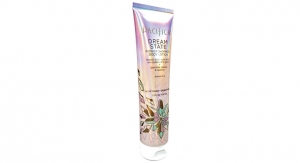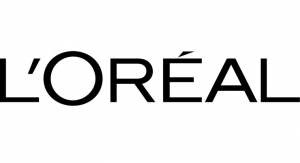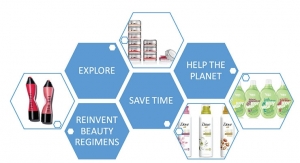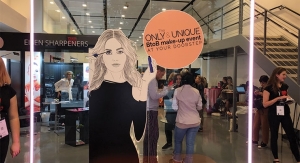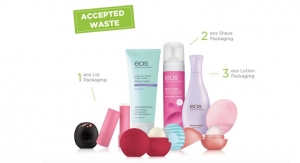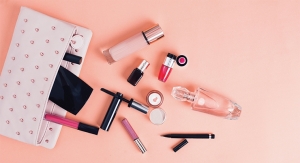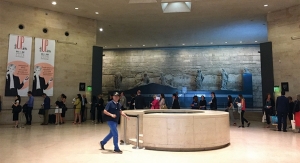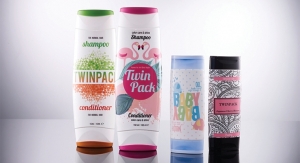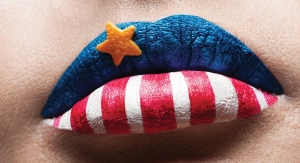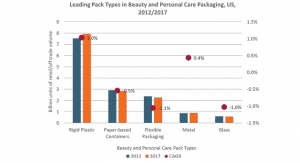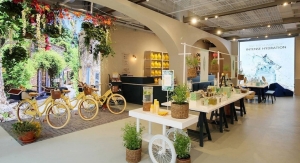Priyanka Bagde, Senior Analyst at Euromonitor International01.30.19
Consumer beauty preferences continue to evolve alongside changes in demographics, spending power and broader megatrends impacting habits worldwide. While this evolution offers opportunities for brands to capture new customers with innovative products, it is crucial that both marketers and product developers not lose sight of the deeply rooted motivations driving beauty product purchases.
Most consumers connect “beauty” with health, hygiene and comfort in their own skin, based on findings from Euromonitor International’s annual beauty survey of over 20,000 consumers in 20 markets worldwide.
What Does ‘Beauty’ Mean to You?
For many, “beauty” is a mix of external characteristics such as looking healthy and general hygiene and cleanliness, combined with being comfortable in one’s own skin and inner confidence. Very few link stereotypical associations such as glamour and status with the definition of “beauty,” although perceptions vary widely based on geography and demographics.
Where Does ‘Beauty’ Equal Status, Glamour and Social Acceptance?
Although many consumers believe beauty is more than skin deep, others link outward beauty with being glamorous, socially accepted and having high status. Thai consumers stand out as being the most likely to define beauty with glamour, while a third of consumers in the Middle East connect beauty with social acceptance.
Beyond geographic differences, definitions of beauty also vary by age and gender. Gen Z consumers are three times more likely than baby boomers to say that beauty means diversity. 56% of women say beauty means being comfortable in your own skin, compared with only 38% of men.
Beauty Cannot Be Easily Defined
For today’s mindful consumers, “beauty” is not restricted to outward appearance. Many seek intrinsic, healthy beauty and overall wellbeing. Brands can engage better with these consumers by tying the benefits offered by their products with consumers’ beauty-related values and desire for a healthy approach to beauty.
To learn more, download Euromonitor International’s Beauty Survey 2018: Key Insights.
About the Author
As a senior analyst, Priyanka Bagde manages Euromonitor International’s beauty survey, which tracks year-over-year changing beauty consumer trends and purchase behavior in 20 markets.
Most consumers connect “beauty” with health, hygiene and comfort in their own skin, based on findings from Euromonitor International’s annual beauty survey of over 20,000 consumers in 20 markets worldwide.
What Does ‘Beauty’ Mean to You?
For many, “beauty” is a mix of external characteristics such as looking healthy and general hygiene and cleanliness, combined with being comfortable in one’s own skin and inner confidence. Very few link stereotypical associations such as glamour and status with the definition of “beauty,” although perceptions vary widely based on geography and demographics.
Where Does ‘Beauty’ Equal Status, Glamour and Social Acceptance?
Although many consumers believe beauty is more than skin deep, others link outward beauty with being glamorous, socially accepted and having high status. Thai consumers stand out as being the most likely to define beauty with glamour, while a third of consumers in the Middle East connect beauty with social acceptance.
Beyond geographic differences, definitions of beauty also vary by age and gender. Gen Z consumers are three times more likely than baby boomers to say that beauty means diversity. 56% of women say beauty means being comfortable in your own skin, compared with only 38% of men.
Beauty Cannot Be Easily Defined
For today’s mindful consumers, “beauty” is not restricted to outward appearance. Many seek intrinsic, healthy beauty and overall wellbeing. Brands can engage better with these consumers by tying the benefits offered by their products with consumers’ beauty-related values and desire for a healthy approach to beauty.
To learn more, download Euromonitor International’s Beauty Survey 2018: Key Insights.
About the Author
As a senior analyst, Priyanka Bagde manages Euromonitor International’s beauty survey, which tracks year-over-year changing beauty consumer trends and purchase behavior in 20 markets.


